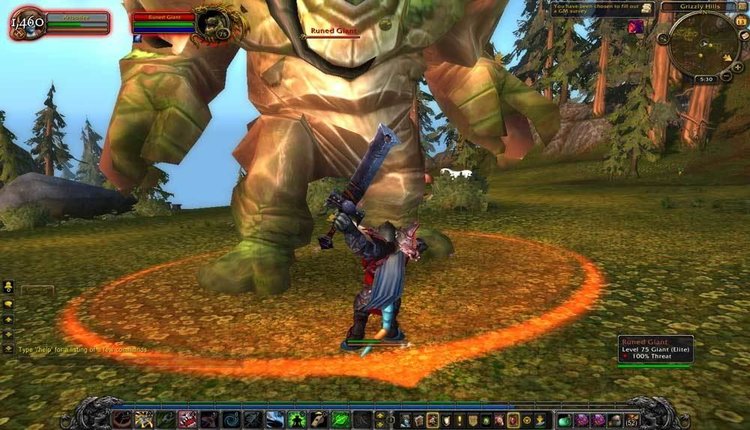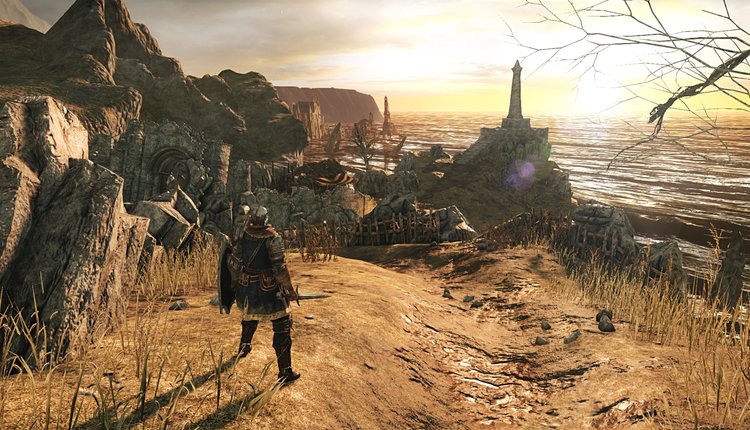To Heal or to Harm? | The Fine Line Between Gaming and a Gaming Disorder
Gaming and the ICD
Two gaming-related disorders were recognised by the World Health Organisation (WHO) in January: Hazardous Gaming and Gaming Disorder. Both classifications were introduced to the eleventh draft of the WHO International Classification of Diseases (ICD-11).
Gaming Disorder is listed as an addictive behaviour, characterised by “1) impaired control over gaming (e.g., onset, frequency, intensity, duration, termination, context); 2) increasing priority given to gaming to the extent that gaming takes precedence over other life interests and daily activities; and 3) continuation or escalation of gaming despite the occurrence of negative consequences.”
Hazardous Gaming is listed under “factors influencing health status”. Its definition is similar, but the ICD specifies that Hazardous Gaming “often persists in spite of awareness of increased risk of harm to the individual or to others”.
[perfectpullquote align=”full” bordertop=”false” cite=”” link=”” color=”#70006C” class=”” size=”19"]”All genuine gaming addictions are problematic but not all problematic gamers have an addiction.”[/[/perfectpullquote]p>
Arguments in Favour
This isn’t the first time that gaming-related disorders have been officially recognised.
Internet Gaming Disorder (IGD) was identified in the fifth edition of the Diagnostic and Statistical Manual of Mental Disorders (DSM-5) as “warranting more clinical research and experience before it might be considered for inclusion in the main book as a formal disorder” in 2013.
The American Psychiatric Association outlined their reasoning for the inclusion of IGD in 2013: “when these individuals are engrossed in Internet games, certain pathways in their brains are triggered in the same direct and intense way that a drug addict’s brain is affected by a particular substance”.
According to Griffiths, Kuss and Pontes’ analysis of the DSM-5 diagnosis of IGD in 2017, the formalisation of the disorder “may then lead to the development of appropriate and effective approaches of treating the resulting problems”.
However, they made a point of distinguishing between hardcore gaming enthusiasts and those that would meet the diagnostic criteria of a gaming disorder; “some gamers can play very excessively without experiencing any major problems, and while all genuine gaming addictions are problematic, not all problematic gamers have an addiction”.
[p[perfectpullquote align=”full” bordertop=”false” cite=”” link=”” color=”#70006C” class=”” size=”19"]�Current definitions of “Gaming Disorder” are too ambiguous.”[/pe[/perfectpullquote]
Arguments Against
An Entertainment Software Association (ESA) press release heavily criticised these classifications on March 1. The ESA cited the paper “A Weak Scientific Basis for Gaming Disorder”, produced by over 30 researchers and scientists.
The paper claims that “too many critical questions remain unanswered to support formalizing the disorder”. The researchers found that current definitions of “Gaming Disorder” are too ambiguous; for example, by failing to clarify whether the problem behaviour is caused by underlying mental disorders or is “a consequence of alluring game mechanics”.
The researchers argue that the inclusion of a gaming disorder could have “associated risks of stigmatization and diagnostic inflation” and potential ramifications for “highly engaged gamers”, between 1% and 10% of the gaming population. Media reporting would fail to properly differentiate between these gamers and “clinical cases”, according to the paper.
“Those who eventually conduct research with patients need to find ways to distinguish gaming patterns with significant negative long-term health effects from coping behaviors or temporary excessive gaming behavior without any serious long-term harm”, read the paper’s conclusion.

A Tale of Two Gamers
Ultimately, context is key when analysing a person’s relationship with gaming.
“The Role of Context in Online Gaming Excess and Addiction”, a case study conducted by English psychologist Mark Griffiths in 2010, looked at two very different gamers; a college graduate and a middle-aged husband.
Dave, 21 at the time, found himself unemployed and without an immediate social circle upon leaving college, so he found solace playing World of Warcraft for around 10-14 hours every day. For him, this gave him a daily routine that connected him to “countless new friends”, as well as improving his self-esteem.
Over a period of ten months, Dave got a full-time job in a pharmaceutical company and even dated someone he met in-game. WoW eventually became a part-time affair, a few-hours grabbed during the week accompanied by longer weekend sessions with his partner.
In the case of Dave, which could be classified as ‘excessive gaming’, Griffiths concluded that “an activity cannot be described as an addiction if there are few (or no) negative consequences.”
However, Jeremy (38) painted a much darker picture of his relationship with the Massive Multiplayer Online (MMO) game Everquest, describing playing the game as an “irresistible urge”. Although he logged a similar number of daily hours to Dave (up to 14 hours a day), Jeremy’s family and work relationships broke down in the wake of his gaming disorder.
Attempts to quit playing the game caused Jeremy to experience withdrawal symptoms according to Griffiths, saying “he was ‘extremely moody, anxious, depressed and irritable’ if he was unable to play online”. Eventually, Jeremy was fired from his job and separated from his wife.

Op-ed
Although I’m not claiming to have experienced what may soon become the medical definition of ‘gaming disorder’, my relationship with gaming has walked the line between excessive and compulsive.
I originally downloaded Dark Souls out of curiosity, the coincidental by-product of receiving a 30 day trial of the Xbox ‘Games With Gold’ service. Two days later, I found myself stuck on top of Blighttown with a broken sword, extremely confused, extremely frustrated and extremely pissed-off at the experience. This wasn’t fun, weren’t video games supposed to be fun?
However, I later found myself without an active social circle or desire to pursue my other hobbies at the time, so I gave Dark Souls another shot.
I was hooked.
I dedicated myself to exploring the vast world or Lordran. Completely ignoring the online aspect of the game and stubbornly refusing to resort to internet guides, I learnt by dying. My commitment to beating the game eventually led me to the end, overcoming the myriad enemies and obstacles after some 100 hours of playing. Afterwards, I felt compelled to go back and explore on my own terms, to better understand this fascinating world.
After repeated playthroughs, I eventually threw myself into the game’s active and dedicated online and PvP communities. Soon I was discovering new secrets, engaging with fascinating story and lore theories, and connecting with the incredibly creative and dedicated fan-base. In a twist of fate, the oppressive and unyielding Lordran became my virtual home-away-from-home, a safe space that I could access at any time.
My relationship with the game could certainly have been described as excessive, with sessions frequently clocking in at 8 hours. However, I felt truly happy and fulfilled during this time, and felt like the time I was investing was well-spent. I was constantly engaged whilst playing, whether I was focusing on improving my gameplay and PvP skills, general word-knowledge or developing my imagination through theory-crafting online.
Unfortunately, these habits eventually took an unhealthy turn. For a full summer, I near-constantly hopped between Dark Souls 2, Hearthstone and online internet content about the two games.
Days would come and go as I continuously retreated into these fantasy worlds, and it eventually began to affect my day-to-day life. I was neglecting my social life and lacked motivation to work on projects or academia. Despite feeling unfulfilled and unengaged by my lengthy play sessions, I would go back to them time after time, day after day.
Thankfully, when I started college I found a wonderful network of supporters in my friends and family. As life, work and projects began to re-assert themselves, my compulsion to play gradually decreased, becoming a hobby more so than a way of life. Similar to the aforementioned Dave I feel my problems were indicative of my circumstances at the time rather than a gaming disorder.
Video games are uniquely engaging forms of entertainment, and if examining their addictive qualities leads to advancements in the treatment of a small subset of the population, it would be worthwhile. However, we must be careful not to unfairly demonise gaming as a hobby.

